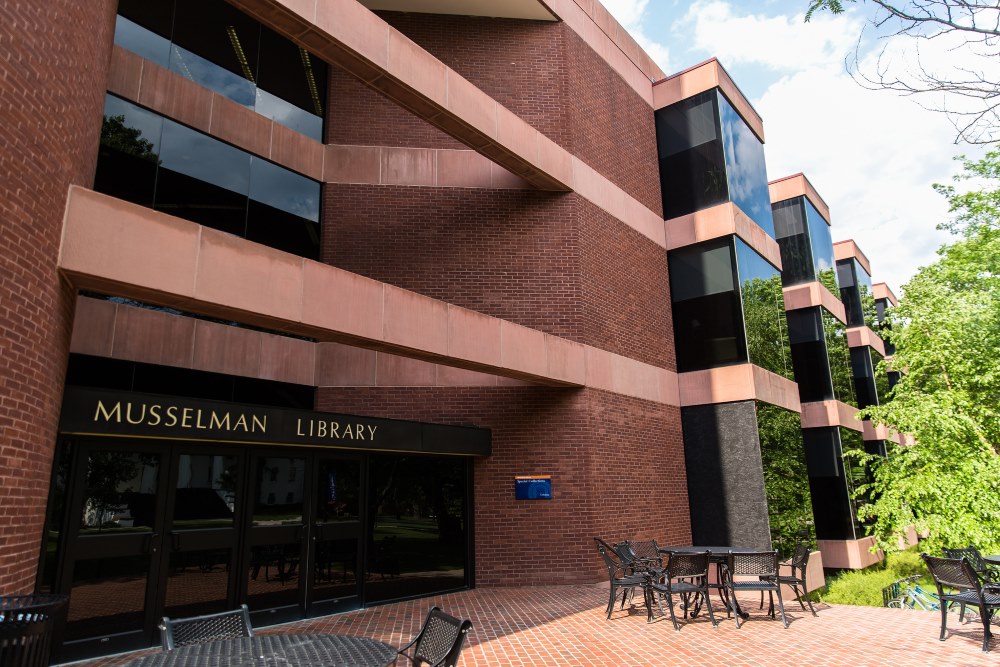Blasts from the Past: November 2, 2018
By Shannon Zeltmann, Staff Writer
In November 1988, students, staff, and the Gettysburg community commemorated the 50th anniversary of the beginning of the Holocaust. For years after the end of WWII, the story of the Holocaust was largely forgotten in America. By the 1980s, people were realizing the Holocaust was something that should not be forgotten, especially as survivors grew older. On the night of November 9, 1938, Gestapo and Nazis sparked mob riots against the German Jews as punishment for a Jewish youth who killed a German embassy official in France. The violence continued through the next day. In all, 91 Jews were murdered, 100 synagogues destroyed, and about 30,000 Jews were taken to concentration camps. In 1988, churches around Gettysburg kept their lights on overnight in remembrance and students and staff wore yellow stars of David to say, “Never Again!”
In October 1981, one Gettysburgian staff writer commented on the rise of the American Nazi Party and the KKK in popularity once again. She stated that people need to understand each other as individuals and people. America is a nation of various religions and ethnicities, but the country too often seems to face people who believe they belong to a superior race or religion. As she asked, “How much longer than the thousands of years past will it take people to learn that in regards to color, belief, or nationality—none of these makes a human any less human?” Today, we face this same question. How can people be so bigoted, hateful, and violent towards others? We each have our own beliefs and backgrounds, but this does not mean people should be murdered over such things.
In February 1996, one Gettysburg student asked the community to try to step away from violent and hate ridden words that can lead to violent acts. They were referring to the death of Israel’s Prime Minister Yatzhak Rabin, who was murdered at a rally for peace between Israel and Palestine in the fall of 1995. While they were not saying Gettysburg was filled with such hateful words, they believed everyone could contribute to trying to make the world more peaceful by not saying hateful words because such words could turn into actions against others as history has shown us with the death of Rabin or the murder of six million Jews during the Holocaust. Hateful actions begin with words, and they wanted to remind readers this.
These archived “blasts from the past” were compiled using Special Collections in Musselman Library.

